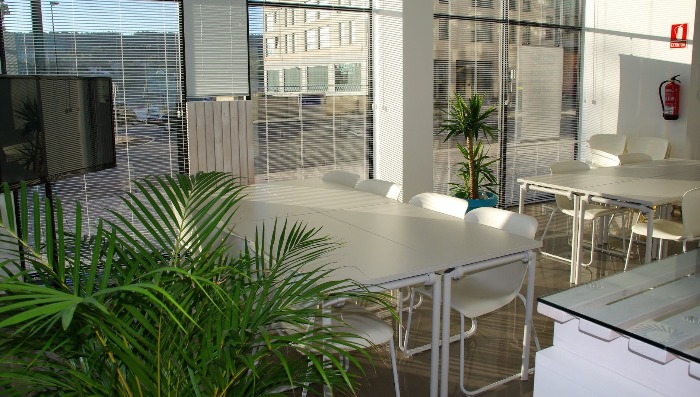When you’re starting a business, you will be fully aware that you are making a big financial risk. Few new businesses turn a profit in the first year, and many end up going out of business, which means that you may be strapped for cash for some time. One of the reasons that small businesses sometimes fail is that they spend too much on things they don’t need. Here are some tips on what you should and should not splash your cash on…
SHOULD: Your Brand

First of all, it’s important to make sure that you have a very specific brand that potential customers are going to remember and come back to in the future after they have heard of it. In that case, it is important to make sure that you hire a graphic designer to create a memorable logo for you, along with business cards.
Make sure that your site is easy to access and that it explains exactly what you do in simple language so that if people want to google you, they will find out exactly what is going on. Hire a freelance marketing company to help you get your brand out there.
SHOULD NOT: An Office Space

Initially, you may not need an office space, and you definitely will not need a vast, fancy room full of expensive technology and lavish perks. You may not even have a big permanent staff. Consider whether it would be possible for you to work from home instead and meet with your staff and your freelancers every so often in a cafe or in a rented meeting space.
This would reduce your costs hugely, from buying office furniture to renting the space itself to paying electricity and gas bills for the office. It would also reduce your commute time, saving you money and a whole lot of stress.
SHOULD: Financial Services

When you are starting a business, you should make a business plan so that you are aware of what financial shape you should be in by the end of the first year. If finances are not your strong point and you are more of an ideas person, that is absolutely okay.
In that case, hire an external accountant to help you with taxes and your money alongside accounting software that will help you keep everything in top shape. Bear in mind that if your finances are not in good form, it will be impossible for you to keep your company going past the one year mark.
SHOULD NOT: A Permanent Staff

When you have just started a business, you probably don’t need a large permanent salaried staff. Instead of that, think about outsourcing and working with freelancers instead. You may think that you are capable of doing all the work yourself and saving a vast sum of money, but the truth is that nobody is brilliant at everything.
You may need a copywriter to create the text on your website for you, an HR professional to assist with hiring, an accountant to make sure that you don’t go broke when you have to pay your taxes. However, even though you should invest in the skills of other people, you don’t need to invest in a full-time staff just yet.
SHOULD: Re-Investing In The Company

If you have gone from a salaried job into your own start up, you may be missing the reliability of a regular paycheck going into your bank account. You will definitely have to save and budget carefully, and you need to pay yourself enough to cover all your essentials. But you should pump as much as you can back into the company so you can reinvest in yourself.
SHOULD NOT: Impressing Your Customers

When it comes to customer service, at the end of the day you shouldn’t need to impress them by being flashy, driving a fancy car, and giving out freebies wherever you can. It’s a good idea to cut a deal with your regulars, and of course you want to be professional at all times and impress people with those skills. But you don’t need to put up a front of being hugely rich, splashing out on expensive lunches, and trying to impress potential customers with your financial means.
Instead, impress them with how good you are at your job, how reliable you are, how you remember little things about them and their lives, how you provide exemplary customer service. These things are what will keep people coming back to you time after time.
Starting a business can be a difficult thing to do, but these tips should help keep you financially stable through that tricky first year.

